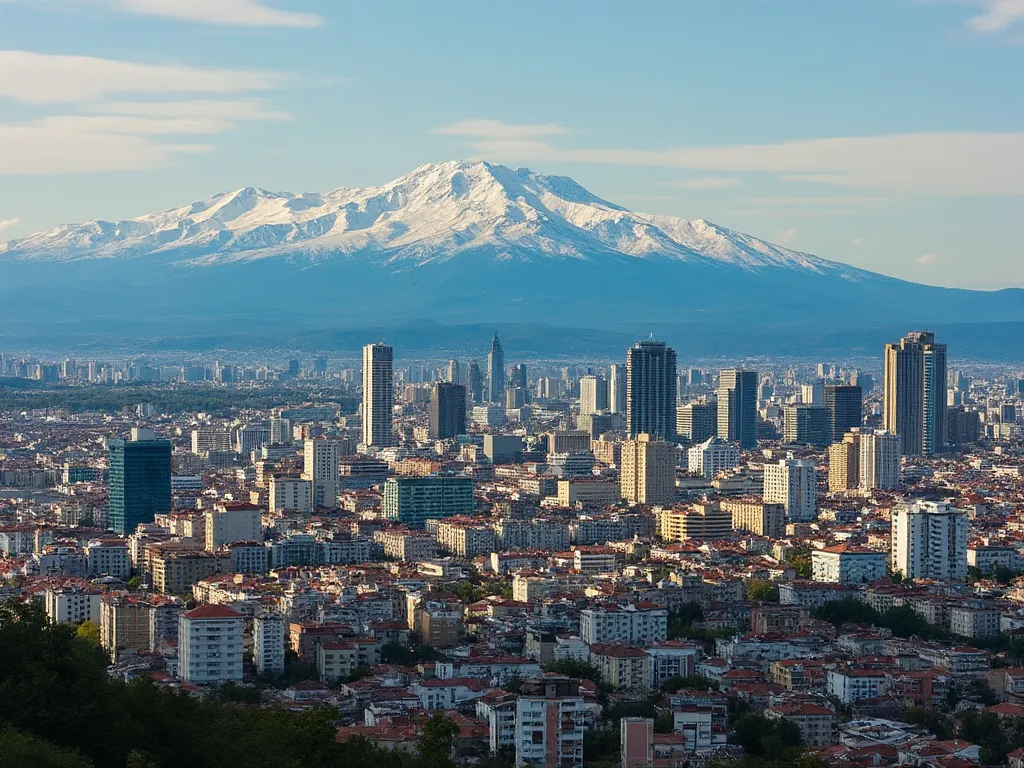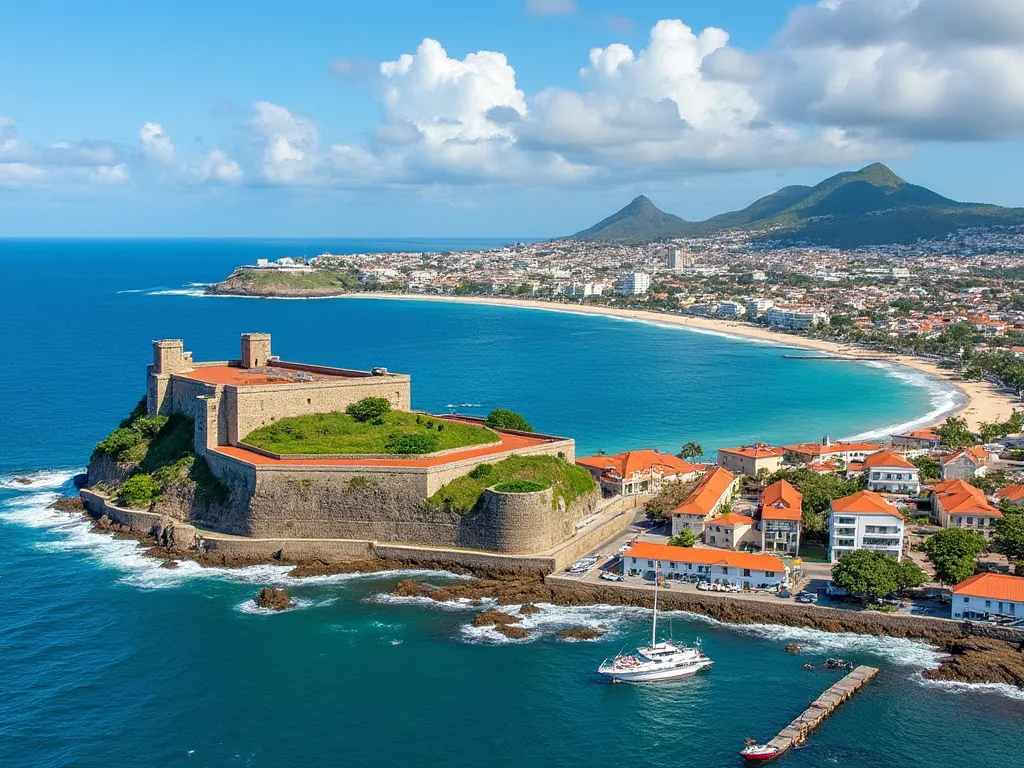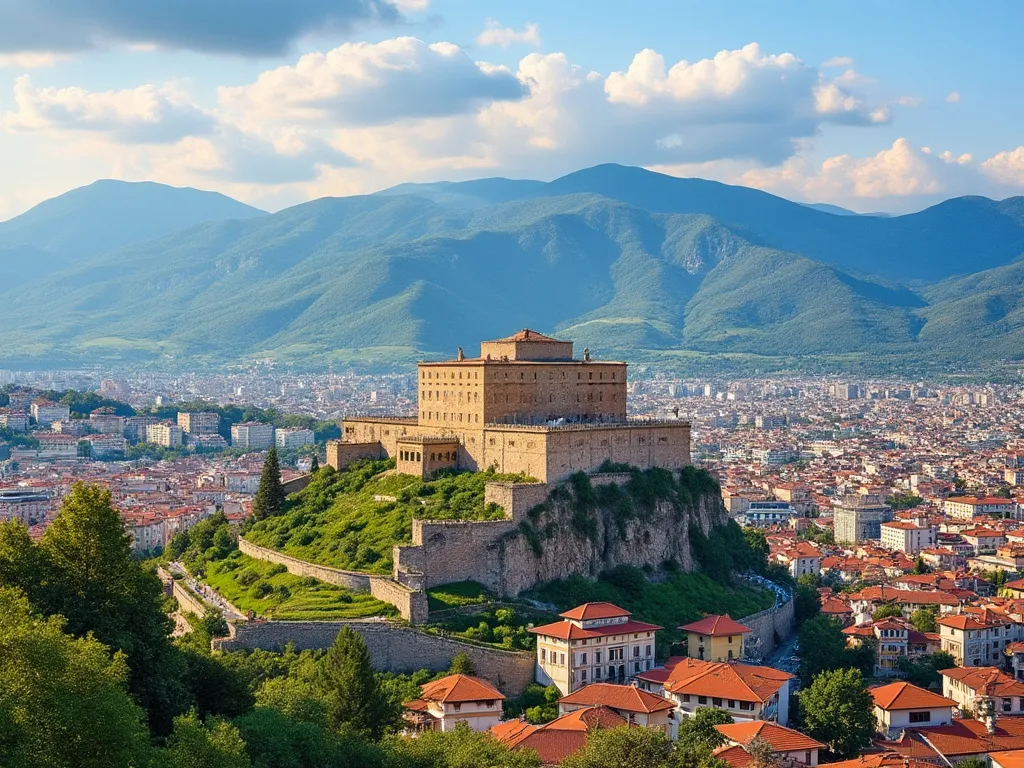
Sofia, the capital city of Bulgaria, is a treasure trove of history, culture, and natural beauty. Located at the foothills of the Vitosha Mountain, Sofia is a city that seamlessly blends ancient traditions with modern amenities. As one of the oldest cities in Europe, Sofia boasts a rich history dating back to the 8th century BCE, with various cultures and empires leaving their mark on the city.
Sofia information
| Country | 🇧🇬 Bulgaria |
| Population | 1,241,000 |
| Coordinates | 42.6979° N, 23.3225° E |
| Area | 492 km² |
| Climate | Humid continental climate |
| Language | Bulgarian |
| Currency | Lev (BGN) |
| Time zone | Eastern European Time (EET) |
| Proximity to other major cities | 450 km from Bucharest, Romania; 320 km from Thessaloniki, Greece |
Interesting facts about Sofia
- The name "Sofia" is derived from the Greek word "σοφία," meaning wisdom.
- Sofia is home to the world's largest Orthodox cathedral, the Alexander Nevsky Cathedral.
- The city has a historic Roman amphitheater, the Amphitheater of Serdica.
- Sofia has over 100 mineral springs, making it a popular destination for spa tourism.
Tourist attractions in Sofia
- Alexander Nevsky Cathedral
- National Historical Museum
- Church of St. George
- Roman Amphitheater of Serdica
- Central Market Hall
Historical background of Sofia
Sofia has a storied past, with various civilizations and empires vying for control of the city. Founded by the Thracians, Sofia was later conquered by the Romans, followed by the Byzantine Empire and the Ottoman Empire. Each of these cultures has left an indelible mark on the city's architecture, cuisine, and traditions.
Geographical location of Sofia
Sofia is situated in the western part of Bulgaria, nestled at the base of the Vitosha Mountain. The city's location makes it an ideal gateway to the Balkans and Central Europe, with its proximity to several major cities and international airports. The climate is humid continental, with warm summers and cold winters.
Cultural significance of Sofia
Sofia is a city steeped in history and culture. The city is home to numerous museums, galleries, and historical landmarks, including the Alexander Nevsky Cathedral, the National Historical Museum, and the Church of St. George. The city's cultural scene is vibrant, with numerous festivals and events throughout the year.
Economic importance of Sofia
Sofia is the economic hub of Bulgaria, with a thriving service sector, IT industry, and a growing manufacturing base. The city is also an important center for finance and banking, with the Bulgarian Stock Exchange located in the heart of the city.
Conclusion on Sofia
Sofia is a city that seamlessly blends ancient traditions with modern amenities, making it an exciting and fascinating destination for tourists and business travelers alike. Whether you're interested in history, culture, architecture, or entertainment, Sofia has something for everyone. Come and discover the magic of Sofia for yourself!
 Tarawa
Tarawa
 Saint George's
Saint George's
 Singapore
Singapore
 Skopje
Skopje